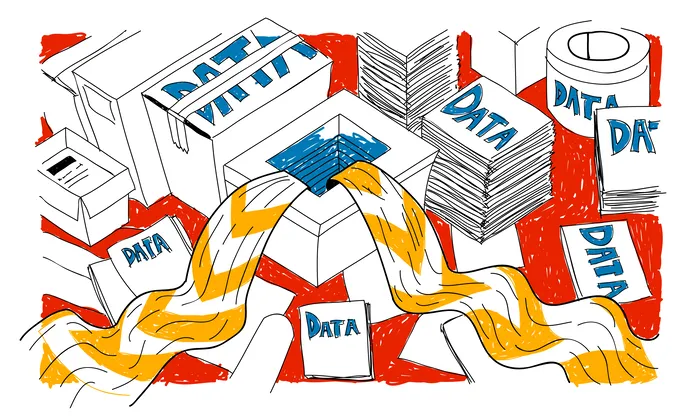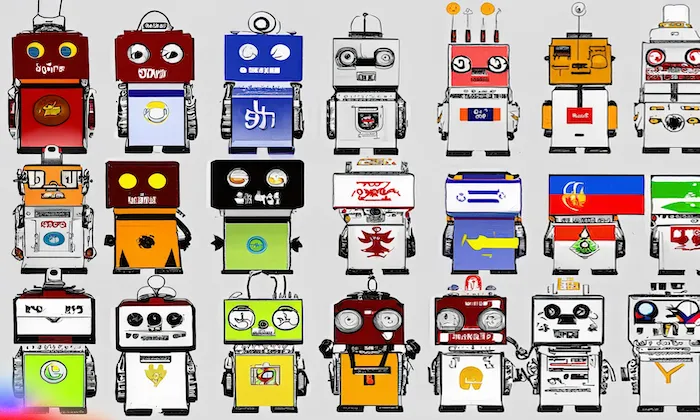What is intelligibility in speech synthesis?
TTS
Communication
Speech AI
Understanding intelligibility in speech synthesis is key to developing effective text-to-speech (TTS) systems. Intelligibility refers to how easily a listener can comprehend the spoken output from a TTS system. It involves several factors such as pronunciation accuracy, speech rate, and the natural flow of speech. High intelligibility ensures that the speech is clear and understandable, which is crucial for user satisfaction.
Why Intelligibility Matters in TTS Applications
Intelligibility plays a vital role in various applications of speech synthesis technology:
- User Experience: In virtual assistants like Siri or Alexa, users expect clear communication. High intelligibility enhances interaction and satisfaction, making the technology more user-friendly.
- Accessibility: For those with hearing impairments or language barriers, intelligible TTS can bridge communication gaps, making information more accessible.
- Safety: In scenarios like in-car navigation or emergency alerts, clear speech is essential for ensuring users understand instructions promptly, reducing the risk of misinterpretation.
- Brand Trust: Businesses using TTS technology benefit from delivering clear and professional communication, which fosters trust and reliability.
Key Components Contributing to Intelligibility in Speech Synthesis
Achieving high intelligibility requires combining technological and linguistic elements:
1. Phonetic Accuracy: TTS systems must replicate accurate phonetic sounds. This involves using diverse linguistic datasets to cover various accents and speech patterns, ensuring a wide phonetic representation.
2. Natural Prosody: Natural-sounding speech includes appropriate intonation and rhythm. Advanced systems use prosody modeling to mimic natural human speech, adjusting pitch and duration to reflect emotional context.
3. Speech Rate: The speed of speech delivery affects intelligibility. Systems must adjust speech rates based on context and audience, allowing users to process information comfortably.
4. Noise Robustness: Systems should maintain intelligibility against background noise, especially in dynamic environments like cars or public spaces.
Real-World Impacts & Use Cases
Consider voice assistants like Apple's Siri, where intelligibility directly affects user interaction. If users struggle to understand responses, it can lead to frustration and reduced usage. Similarly, in accessibility tools, clear speech synthesis helps users with disabilities access information more effectively, transforming their engagement with content.
Testing and Evaluation of Intelligibility
To ensure TTS systems achieve high intelligibility, developers often use listener studies and user feedback mechanisms. These methods help evaluate and refine speech synthesis outputs based on real-world user interactions.
Conclusion
Intelligibility in speech synthesis is a multifaceted aspect that significantly influences the effectiveness of TTS systems. By focusing on phonetic accuracy, natural prosody, appropriate speech rates, and noise robustness, developers can enhance user experience and accessibility. At FutureBeeAI, we understand the importance of high-quality data in achieving these goals. Our extensive experience in speech data collection and annotation positions us as a trusted partner for developing speech synthesis solutions that prioritize intelligibility.
FAQs
Q. How can companies improve the intelligibility of their TTS systems?
A. Companies can improve intelligibility by using diverse datasets for training, focusing on natural prosody and phonetic accuracy, and conducting rigorous user testing to gather feedback.
Q. Why is user feedback important in developing TTS systems?
A. User feedback provides real-world insights into intelligibility issues that may not be apparent during internal testing, helping developers refine and improve TTS systems.
What Else Do People Ask?
Related AI Articles
Browse Matching Datasets
Acquiring high-quality AI datasets has never been easier!!!
Get in touch with our AI data expert now!








